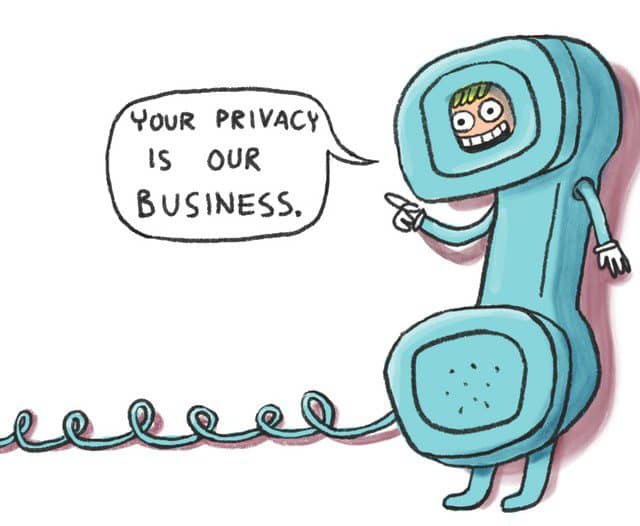A shadowy group claiming to advocate for sensible online privacy is urging California’s legislature to ditch the California Broadband Internet Privacy Act (AB 375), introduced by Assemblyman Ed Chau (D-Monterey Park), claiming it will curb innovation, reduce competition, and hurt consumers.
“First, the proposal attacks a nonexistent problem,” complained Jon Leibowitz, a partner at Davis Polk & Wardwell and co-chair of the 21st Century Privacy Coalition. “Internet service providers have committed that they will seek permission from consumers before using sensitive personal information, such as health and financial data. Customers will have to affirmatively opt in before any such transaction could take place. So no one’s personal data is being sold.”
“Second, even if a problem exists, there are legal tools to combat it. In short, there is no legislative privacy gap,” he said. “The Federal Communications Commission has statutory authority to bring cases against internet service providers that fail to protect consumer privacy. In addition, the California attorney general can bring cases under the state Unfair Competition Law, which prohibits ‘unlawful, unfair or fraudulent business acts or practices.’”
Leibowitz seemed unusually concerned with how phone and cable companies would fare if the proposed bill becomes law.
“The California proposal ignores the principle, almost universally accepted, that privacy should not be about who collects data, but rather what data is collected and how it is used,” Leibowitz said. “It would treat Internet service providers, a small subset of the Internet ecosystem, differently from every other company that collects consumer information online.”
Leibowitz told readers of The Sacremento Bee he hoped the legislature would “give this proposal the burial it deserves.”
The interest in state online privacy bills has grown because of the Republican-dominated FCC and Congress that tossed out federal internet privacy rules earlier this year. Consumers concerned about how their personal information and browsing habits are collected and sold are now largely dependent on whatever state laws exist to protect personal privacy and give consumers the right of informed consent for online information gathering and marketing.
While Leibowitz advocates for burying California’s effort to re-establish internet privacy, he has also attempted to bury his exceptionally close ties to the cable and phone companies that are responsible for almost all of his group’s funding.
The 21st Century Privacy Coalition, also co-chaired by former Republican congresswoman Mary Bono, is funded by Comcast, AT&T, Verizon, Time Warner Cable/Charter Communications, DirecTV, and their respective industry trade associations. The checkbooks are wide open, because the coalition has already spent nearly $2 million on lobbying, according to disclosure records. Most of that money has gone to hiring lobbyists from Mayer Brown and Ryan, MacKinnon, Vasapoli, and Berzok.
The group launched in 2013 and primarily concerned itself with federal online privacy issues, but since the Trump Administration came into office, there is little work to be done on the federal level, so their new mission appears to be hassling state legislatures who are unwilling to do the industry’s bidding.
Leibowitz is also a traveler through D.C.’s revolving door, serving as former Democratic chairman of the Federal Trade Commission. Today he collects accolades and more from the cable and phone companies.


 Subscribe
Subscribe

